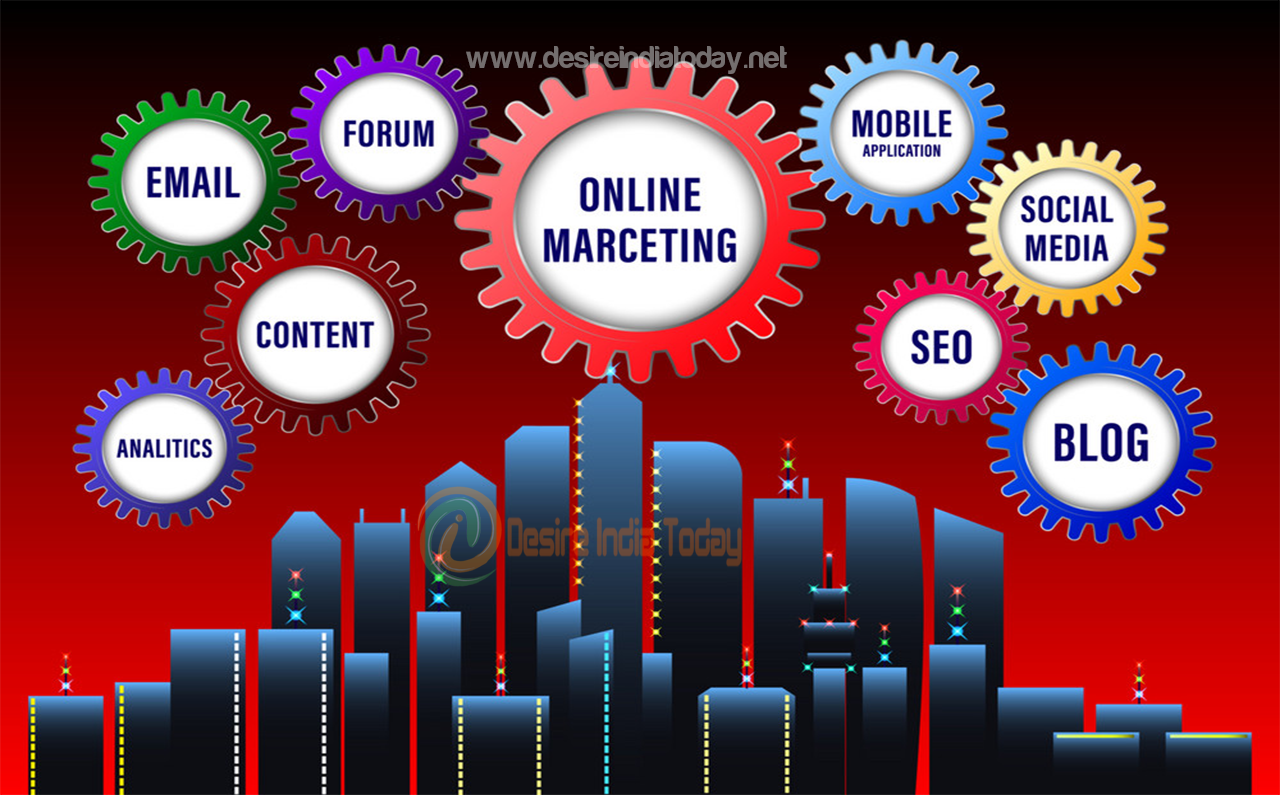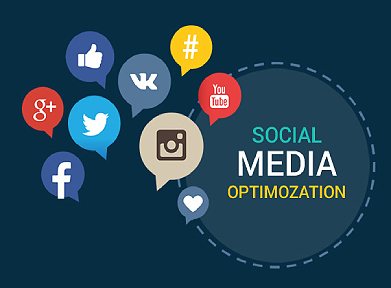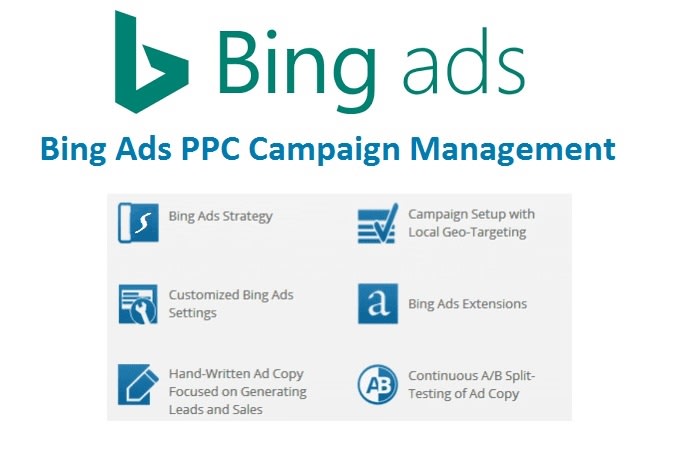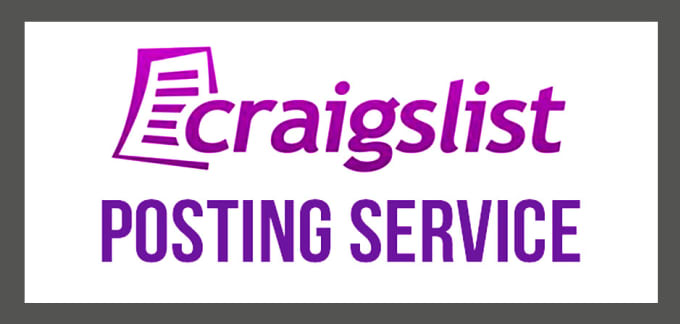if you have any question? Call Us +91(835) 393-1494
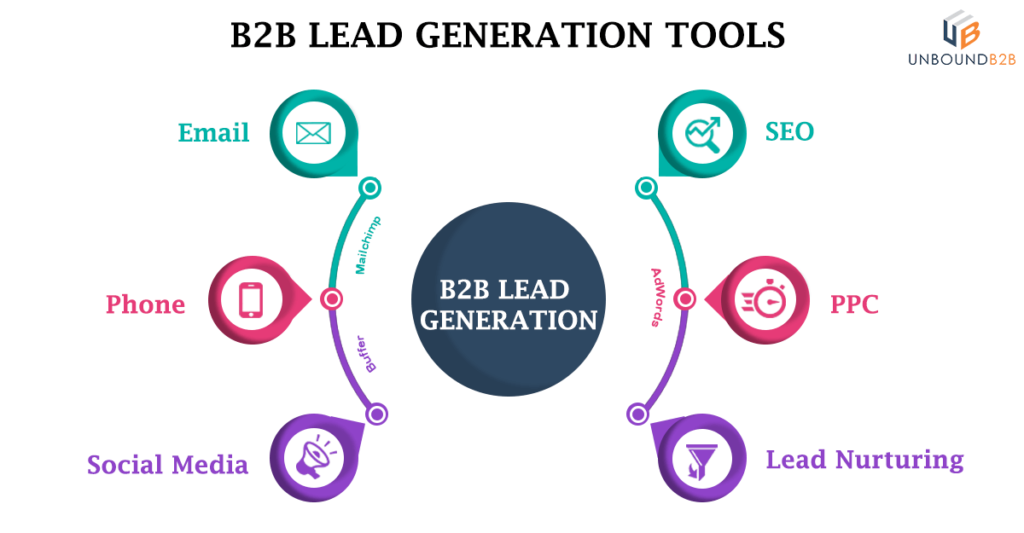
Lead generation
What is Lead Generation?
Traditional marketing strategies such as email blasts will no longer be sufficient to attract clients, as the development of competition and knowledge availability makes it more difficult for businesses to track, reach, and communicate with potential customers. Lead generation, or the marketing activity of sparking and capturing interest in a product or service in order to establish a sales pipeline, allows businesses to nurture prospects until they are ready to buy. Lead generation may be beneficial to any type of organisation, regardless of size or industry, and can be used in both B2C and B2B scenarios. Sixty percent of marketers say lead creation is a major issue for their business. It's more difficult to identify a genuine lead than merely focusing on those who have downloaded your white paper, and it's also more time consuming.
You can raise brand awareness, create relationships, produce qualified leads, and eventually complete business by implementing a lead generating campaign. The higher the quality of leads you send to your sales staff, the more likely they are to convert. By demonstrating actual results and demonstrating yourself to be a useful member of the revenue team, you're helping your company expand while also increasing the credibility of your marketing department.
Lead generation has been around for a long time, but methods have evolved from just finding a customer early in their sales journey and sending the sales team their way to finding a customer early in their sales journey and sending the sales team their way. Because the self-directed shopper is bombarded with information, it's critical to find fresh, innovative ways to cut through the clutter and reach out to potential customers. Rather of relying on mass advertising and email blasts to discover customers, marketers must trust in being found and developing relationships with their customers. Marketing is undergoing a major transformation in the age of data abundance.
